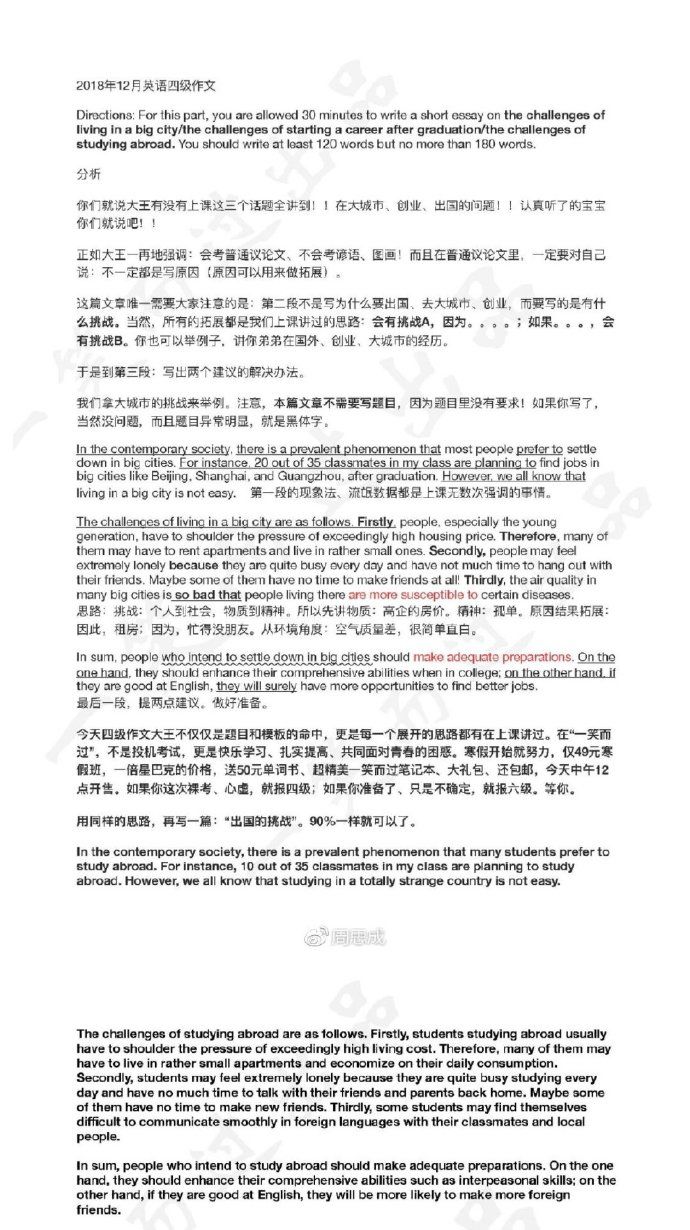800 trapped in homes
|
More than 800 residents of Liyang village, Laibin city, Guangxi Zhuang autonomous region, have been trapped for two days in their mountainous village. The village council office has been submerged by floodwaters, said village head, Tan Rongming. "Fortunately, there are no casualties," he said. In 1974, the village was also hit by floods, which damaged a number of houses and claimed many lives. "After that we moved nearly all of our houses to higher ground. But landslides triggered by the rains are now posing a risk," Tan told China Daily. Water and electricity have been cut off since Monday. "But so far, people are calm as we have enough food and water to last another two or three days," Tan said. As the floods have paralyzed roads, relief workers from Laibin will probably have to use boats to get to the villagers, Tan said. Two electricity generators are being sent to the village, he said. Villager Tan Wencai said the floods had destroyed his two fishponds and sugar cane crop. "I've lost at least 10,000 yuan ($1,450) to the disaster. "The flood water is dirty and smelly, so we just have to stay at home and wait to be rescued." More rain is forecast for the region in the next few days, weather and water resources experts said. In southwest Guangxi, four rainstorms between May 27 and Tuesday have affected nearly 3 million people, at least 45 people are dead and 26 injured, the Xinhua News Agency said yesterday. Three remain missing, including two students from Bobai county, the Guangxi News website said. The students were part of a group of five swept away by the floods. Three have been confirmed dead. A hunt for the missing students is still going on, Xinhua added. Nationwide, 176 people are dead, and 52 are missing, the news agency said. More than 43 million people have been affected and 2.5 million hectares of farmland lie submerged. The government has made significant efforts to minimize casualty and economic losses. Residents have been evacuated, food supplies delivered, and river embankments strengthened. More rain is forecast for south China in the next three days and some regions will experience heavy showers and strong winds, the China Meteorological Administration (CMA) said on Tuesday. It said this was due to cool winds moving east and a warm, moist air current. The CMA said moderate to torrential rain could also be expected in the quake-hit regions in the next two days. The rain will gradually move from the Sichuan Basin to the Huai River. |








